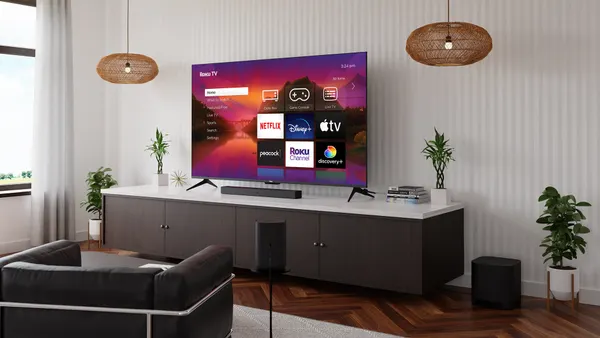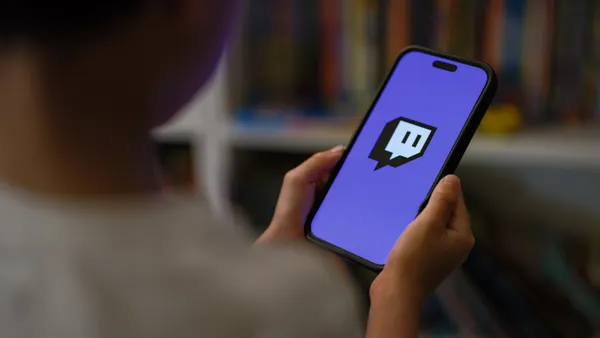Dive Brief:
- Intel signed a seven-year deal with the International Olympic Committee (IOC) to bring a variety of emerging technology to the Olympic Games including their first-ever live virtual reality (VR) broadcasts, 3-D and 360-degree video content, drones, artificial intelligence (AI) analytics and 5G services, according to a report in TechCrunch.
- Emerging tech will allow people to experience the Olympics in a more direct way and provide a "prime seat while being anywhere in the world," Intel CEO Brian Krzanich told TechCrunch. IOC President Thomas Bach added that the Olympics are about excellence in sports as well as in connecting people and sharing the Olympic spirit experience.
- The deal kicks off with the 2018 Pyeongchang Olympic Games and lasts through 2024. Intel's emerging tech strategy has included the acquisitions of Voke VR and Replay Technologies, per TechCrunch.
Dive Insight:
The IOC signing on Intel for a multi-year contract comes as the organization just lost one of its most significant brand partners. After 41 years working with the Olympics, McDonald's on Monday ordered an early end to its current deal a top sponsor the IOC, which was expected to last through the 2020 Summer Games, in Tokyo.
Intel, in some ways, makes more sense as a brand tied to athletic events than a fast food chain, especially as emerging technology plays a greater role in sports broadcasting. Earlier this month, Intel announced a three-year partnership with Major League Baseball to live stream a weekly out-of-market game in VR every Tuesday on its Intel True VR app. For the viewer, the experience will include up to four camera angles and access to real-time in-game player and team stats.
The Olympics remains a blockbuster TV staple, but has, at recent games, seen ratings declines, presumably since digital alternatives offer more ways to watch. VR content, along with 360-degree and 3-D video, might be a way for the games to hook in more eyeballs with the help of Intel.











